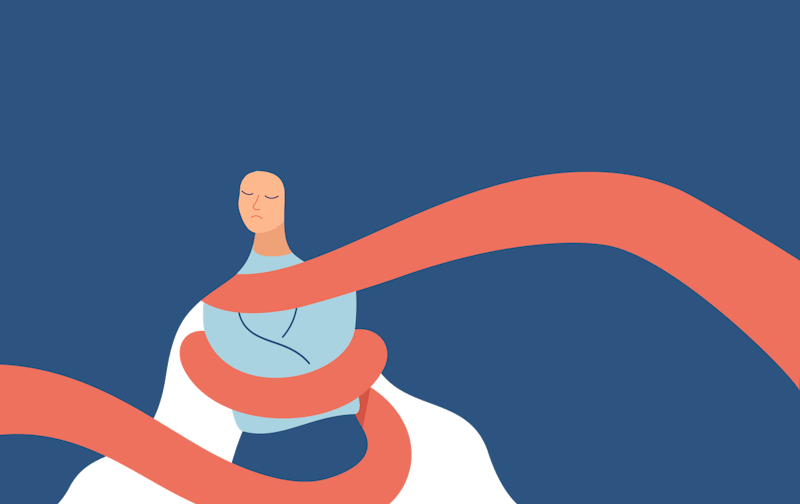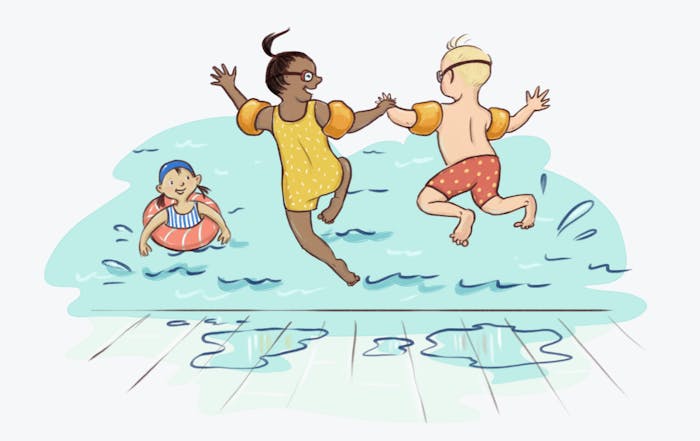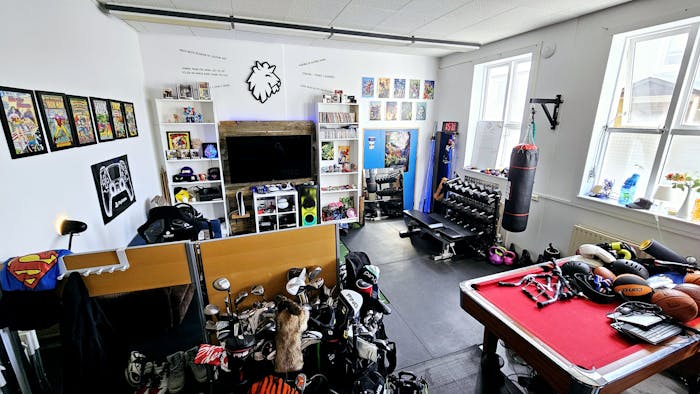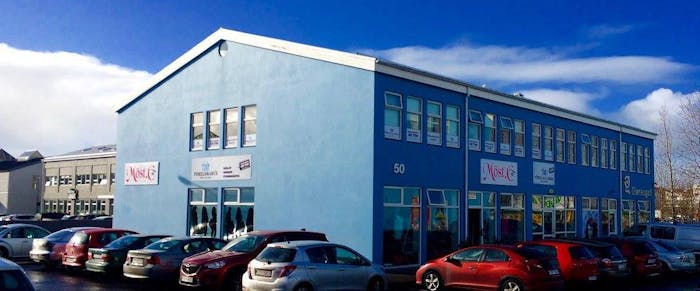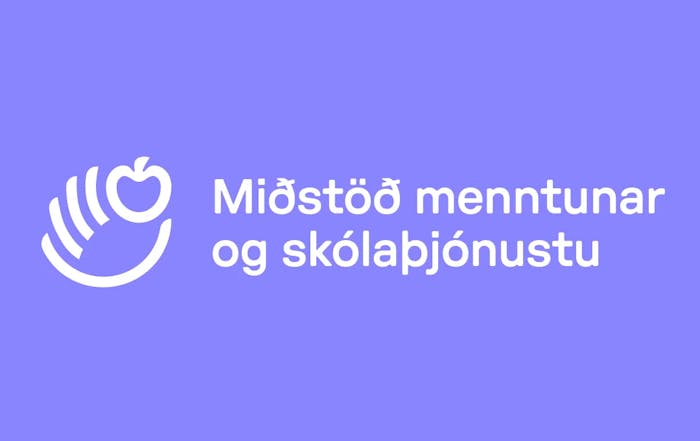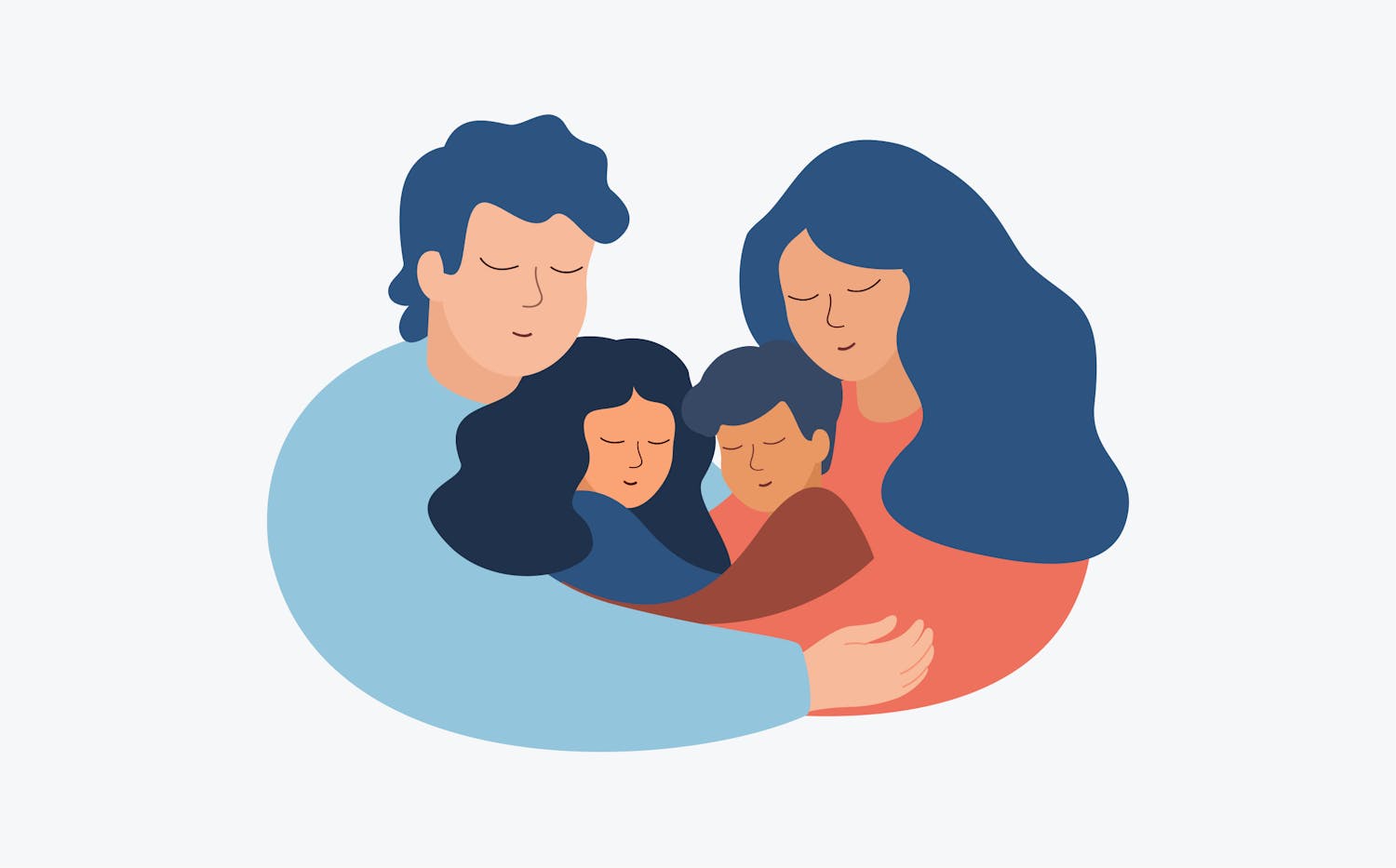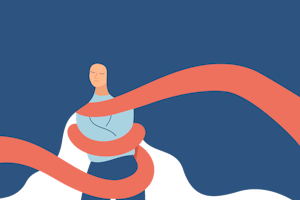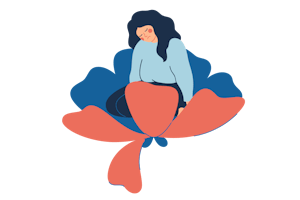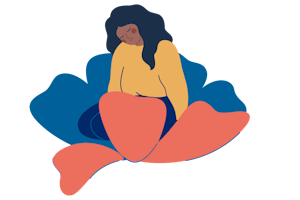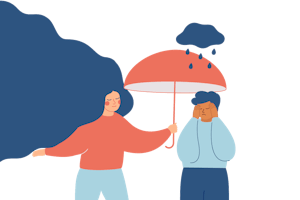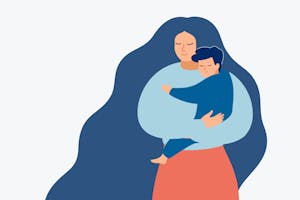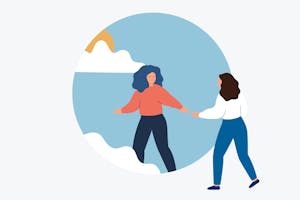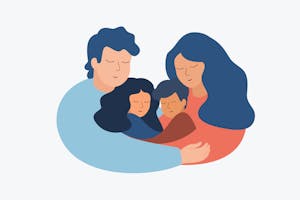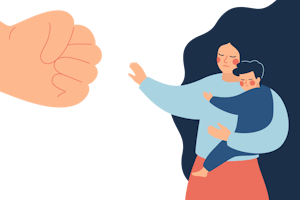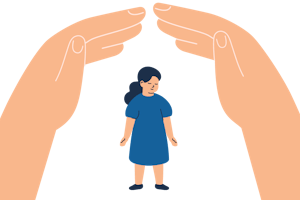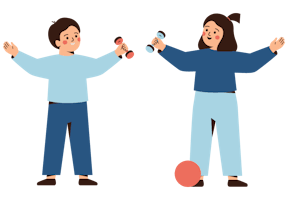Drug use
Even though children from all types of families can start using drugs, there are several factors that indicate that children in serious drug use are dealing with some kind of mental or psychological problems. For example, children who have experienced some type of trauma, rejection or have disorders or diagnosis which makes them more vulnerable to drug use (such as ADHD, anxiety disorders, depression and autism). These can be children who were bullied, subjected to some kind of abuse, or just a child who is insecure by nature and has little confidence and low self-esteem.
When a child is lonely, feels that it does not fit in with the group or feels bad, drug use can be a way to numb the discomfort, escape reality, be cool, fit in and be accepted into a group of friends.
The following may be indications that the child has started to use drugs:
- Success or school attendance gets worse, lack of interest at school.
- Becomes at odds with school authorities or other authorities.
- Petty crimes, such as shoplifting or vandalising.
- Loses interest in friends, hobbies or other interests.
- Sudden change in behaviour and opinions.
- Change in the group of friends.
- Carelessness regarding looks or hygiene.
- Change in eating- and sleeping routine.
- Contact with parents and family gets worse, disinterest in the family.
- Starts going behind parents’ and familys’ back, lies, sneaky behaviour.
- Abnormally strong reactions to things and very bad reactions to interference with their affairs.
Even though some of these signs are manifested, it does not mean that the child has necessarily started using drugs. These can however be signs of the child not feeling well enough and is dealing with some kinds of problems. In turn, it puts the child at the risk of falling into drug use.
Get help
You can talk to a teacher, school counsellor or another individual who you trust within the school and receive support and guidance.
The staff at health care centres can also assist you, for example by referring a child onwards to the Child and Adolescent Psychiatric Department of Landspitali - the National University Hospital of Iceland or other professionals.
Counsellors work at Foreldrahús (Parents’ House) who specialize in these cases. They offer for example appointments, courses and support groups for children with risk behaviour and their parents.
The Reykjavík Social Service Centres and child protection services assist and support families in trouble. Do not fear the child protection services, most parents experience strong support when child protection services have become involved in the case as well as child protection services being able to apply for special resources for the child and its family.
The National Agency for Children and Families can supply the following treatment resources:
MST (multi-system treatment) is for families of 12 to 18 years old children who deal with serious behavioural problems which manifest in interference by the police, difficulties in school, violence and drug use. The treatment involves, first and foremost, increasing parents’ skills in dealing with their children’s problems. The treatment takes 3 to 5 months. The aim is that the child lives in their home, attends school or work, does not get in trouble with the law, does not use drugs and is not abusive or making threats.
Stuðlar is a treatment centre for 12 to 18 years old children who deal with various problems. Children’s problems are diagnosed in the treatment department and a treatment that takes 6 to 8 weeks is provided.
Meðferðarheimili Barnaverndarstofu (the National Agency for Children and families) is for 13 to 18 years old children who have already been in treatment in Stuðlar. There are 2 treatment centres, both located in the countryside. The reasons for treatment are for example behavioural disorder, criminal behaviour, violence and drug use.
